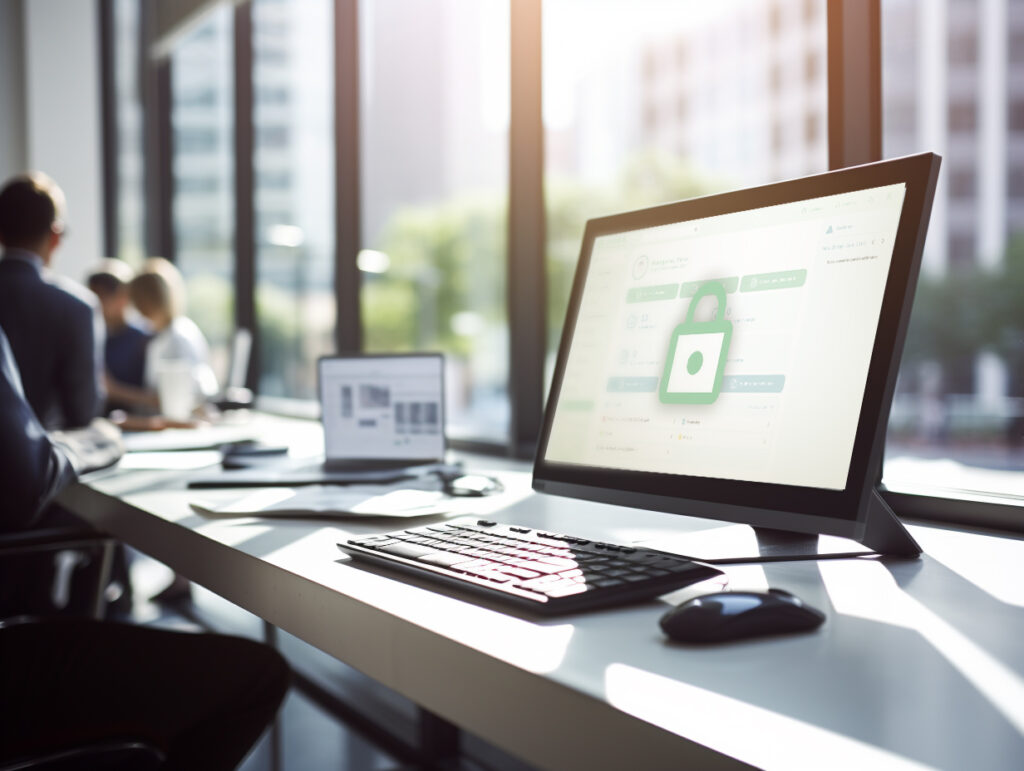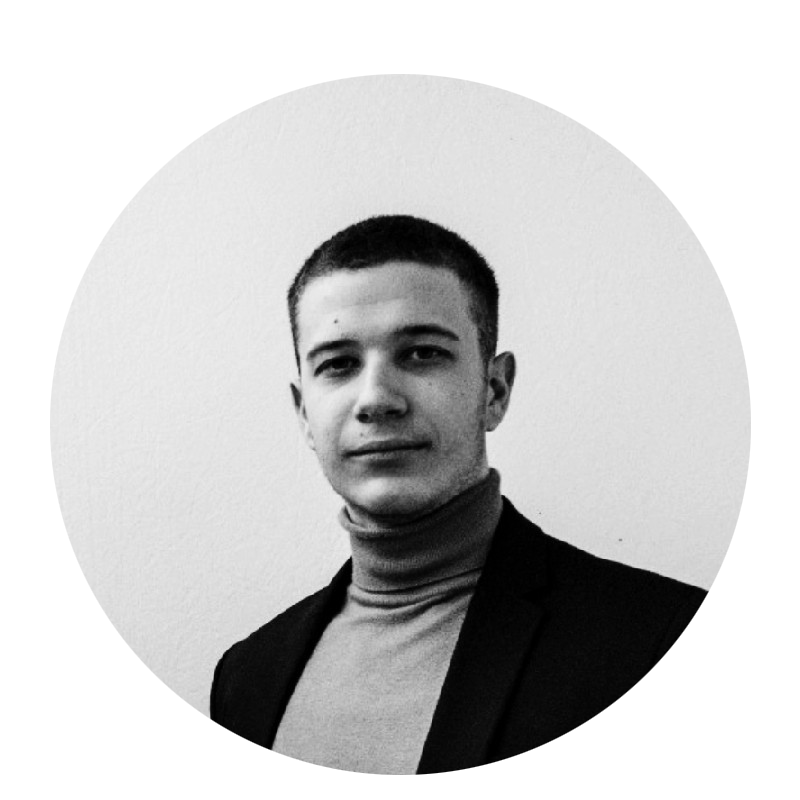Legislative Decree 231/2007, issued on November 21, 2007, represents an important step in ensuring the prevention of the use of the financial system for money laundering purposes. This decree establishes a series of obligations and regulations for various entities involved in the financial sector and data management.
Who are the obligated entities to comply with the regulations?
The decree clearly identifies the entities obligated to comply with anti-money laundering regulations. These include chartered accountants, accounting experts, labor consultants, experts, and other professionals working in the field of accounting and taxation. Additionally, lawyers, notaries, and legal auditors are also subject to these obligations.
What obligations must be complied with?
A fundamental part of the decree relates to data retention obligations. Obligated entities must retain documents related to anti-money laundering activities and allow competent authorities, such as the UIF (Financial Intelligence Unit), to carry out their supervisory activities.
How should data be retained?
The decree clearly establishes the methods of data retention. These include retention systems that comply with regulations on personal data protection, prevention of data loss, and explicit indication of authorized entities accessing the data. Furthermore, full and timely accessibility to data by authorities is required, along with recording the date of document acquisition.
Which system can effectively comply with the regulations?
The best and unique solution currently available in the market is the key to Certiblok’s revolutionary decentralized cloud platform: DRM® – Document Relationship Management.
This platform provides an identity card for each document, indicating its owner, expiration date, version, and active shares with stakeholders.
Every document is easily accessible and can be organized according to the user’s preference using a tree folder system.
Certiblok fully complies with the obligations of Decree 231/2007 and simplifies compliance through the audit room function. An audit room can contain all the necessary documents to fulfill all aspects of the regulation, and an external auditor has the ability to review the content and, if necessary, validate the documentation.
The platform ensures maximum transparency and security in its use through blockchain technology.
In an era where data security is crucial, compliance with such regulations is essential to instill trust in the industry and protect the system from misuse. Decree 231/2007 and the implementation of advanced technologies like Certiblok’s DRM® represent significant steps toward this goal.


